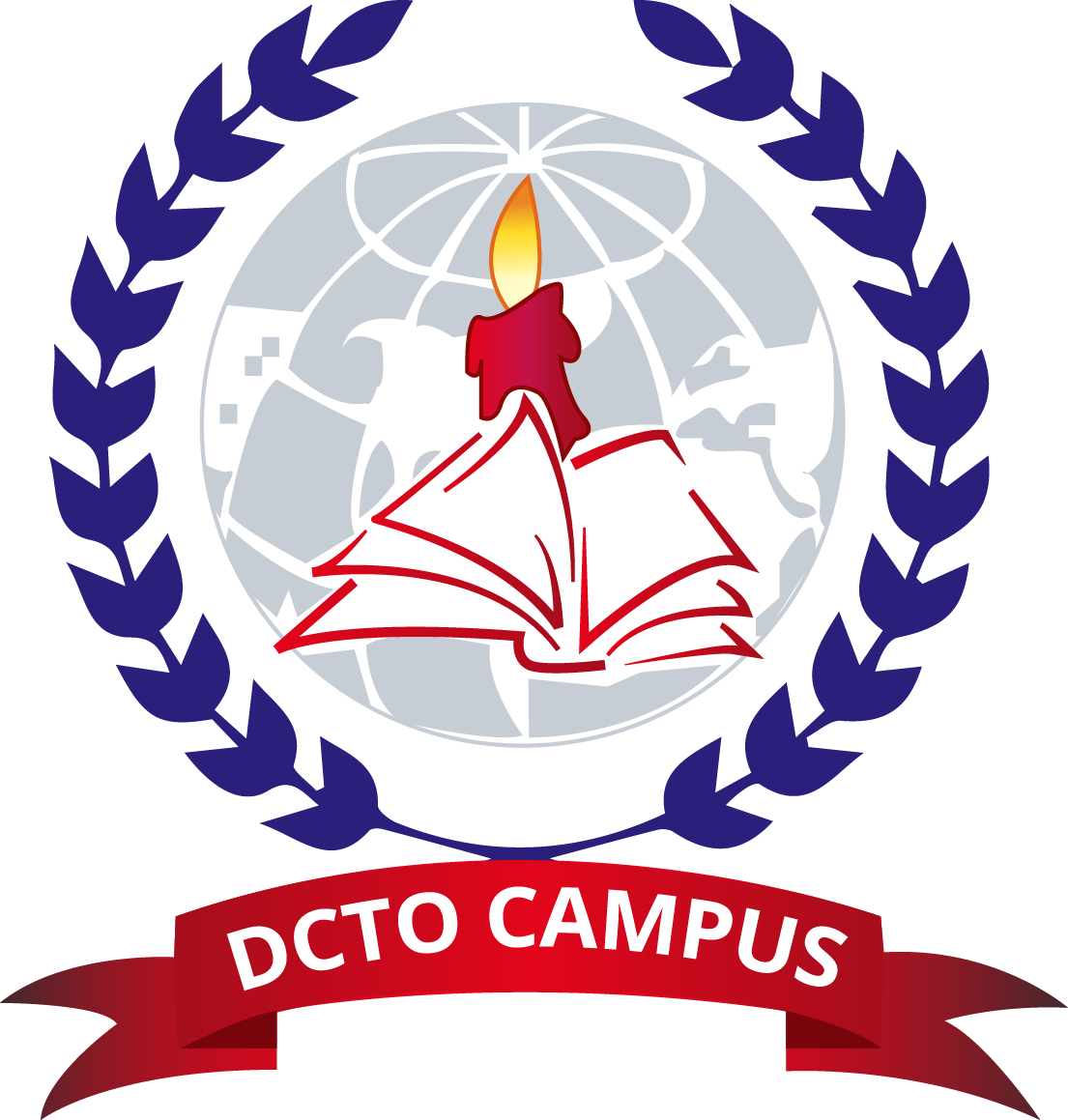Strategies to Pick the Most Suitable Thesis Subject
Tips for Selecting the Most Suitable Dissertation Topic
Deciding on a dissertation topic is often the initial and most challenging decision for students. The subject you choose influences your entire research process. A well-chosen topic focuses your research, maintains your interest, and strengthens the quality of your dissertation. In contrast, a weak topic can waste time. This article explores useful strategies to assist in finding the most suitable dissertation topic.
1. Follow Your Passion
A dissertation is a extended ignou project guide. Working on a topic you find exciting makes the process less stressful. Ask yourself:
- Which areas do I like most?
- What problems spark my enthusiasm?
- Can I see myself writing about this topic for years?
If your dissertation topic is connected to your interests, you are more likely to succeed.
2. Consider Career Goals
Your dissertation can be more than just an university task. It can impact your future opportunities. If you plan to work in public health, choose a topic that enhances that field. This makes your work not only relevant but also marketable for your job prospects.
3. Assess Data Access
A interesting idea is not enough if you cannot access the data needed. Before deciding on a topic, check:
- Are there enough books available?
- Can I reach participants easily?
- Do I have access to libraries?
A topic with restricted resources can slow your work.
4. Study Prior Work
A systematic literature review helps you evaluate what has already been studied. This ensures you don’t repeat existing research and spot unanswered questions. A strong topic is one that adds to the academic conversation rather than simply repeating what others have done.
5. Ensure Uniqueness
Your dissertation should contribute new to your field. Originality does not always mean discovering something groundbreaking. It could be:
- Using an existing theory in a new context.
- Examining a population or region that has been overlooked.
- Linking two different perspectives.
The key is to show how your work is unique compared to past research.
6. Choose What’s Feasible
Ambitious ideas can be exciting, but feasibility matters most. Ask:
- Do I have enough resources to finish this topic?
- Is the scope of the research reasonable?
- Can I complete it within the requirements?
A realistic topic ensures steady progress and avoids stress.
7. Get Feedback
Supervisors, mentors, or professors can give practical input. They may advise on narrowing broad topics, identifying relevant theories, or pointing you to resources. Sharing your ideas early saves time and prevents delays later in the process.
8. Find the Right Scope
A topic that is too broad will be hard to cover, while one too narrow may lack enough sources. For example:
- Too broad: “Education in India.”
- Too narrow: “Impact of one math textbook on one school.”
The best topic strikes a balance—specific enough to be manageable, yet broad enough to find sufficient research.
9. Explore Before Committing
Before confirming your topic, write a short proposal. This helps you see whether the topic is manageable. If you struggle to find references or clearly define objectives, it may be a sign that the topic needs adjustment.
10. Allow Adjustments
Research is a evolving process. Sometimes your initial topic may evolve as you discover new ideas. Flexibility is important. Don’t be afraid to revise your topic if needed, as long as it stays within your goals and deadlines.
Closing Remarks
Selecting the most suitable dissertation topic is difficult, but it is also the most rewarding step of your research project. By considering your career, you can select a topic that is not only manageable but also original. Remember, the best topics are those that combine personal passion, academic relevance, and practical feasibility. With careful thought and planning, you can prepare yourself for a rewarding dissertation journey.
